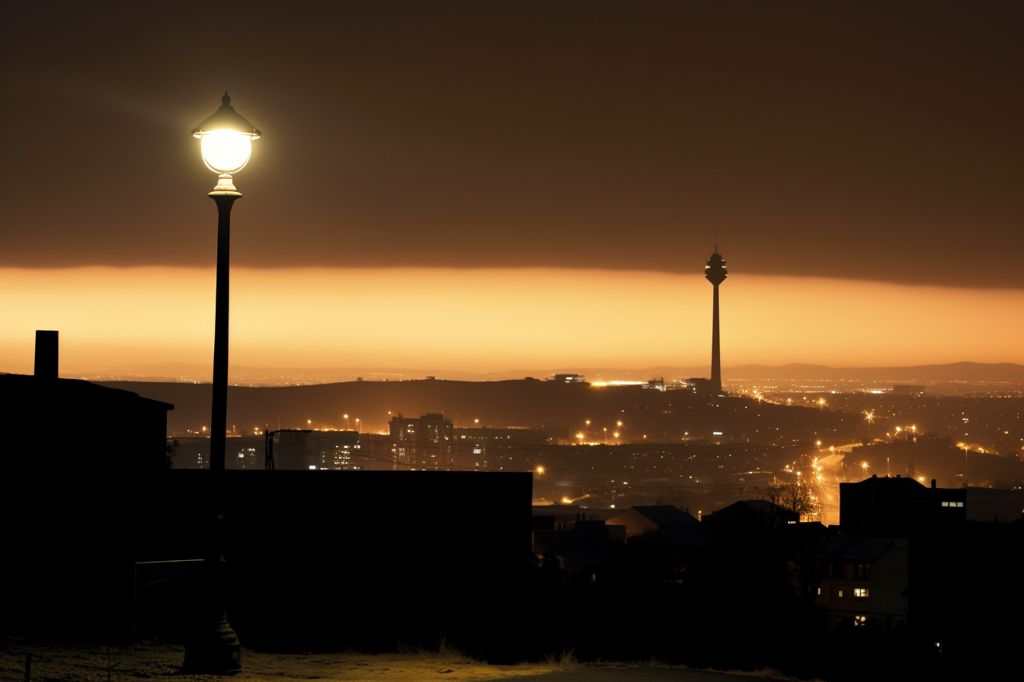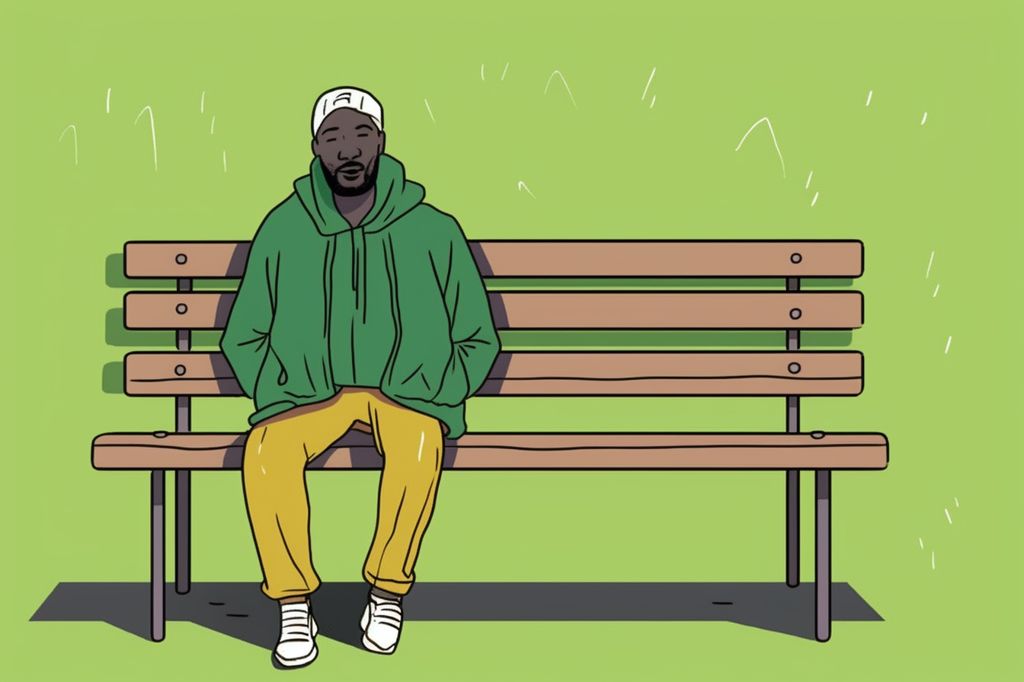South Africa faces an alarming energy crisis, with citizens experiencing daily blackouts for up to 10 hours due to current Stage 6 load shedding. The situation is becoming increasingly severe as Stage 9 and beyond protocols are being finalized, leaving citizens and experts alike profoundly concerned about the future.
The Severity of the Crisis
Samantha Graham-Maré, the DA’s Shadow Minister of Electricity, warns that Stage 8 load shedding would result in at least 12 hours per day of four-hour power disruptions. Stage 9 would exacerbate the situation with more severe load shedding and electricity restrictions, requiring major energy consumers to reduce their energy consumption. The consequences could be catastrophic, resulting in employment losses and economic damage.
Impact on the Economy
The energy crisis is already taking a significant toll on South Africa’s Economy. In addition, municipalities need help to provide water to residents due to the limited timeframe during which water reservoirs can be refilled when power is available. As a result, many communities experience water shortages, further exacerbating the crisis.
Attempts to Address the Crisis
The National Rationalisation Specifications (NRS) have submitted a revised load-shedding schedule, which includes preparations for Stage 9 and beyond. However, while the DA recognizes the proactive approach taken by NRS, the concept of such extreme measures is upsetting and demonstrates the gravity of the issue.
The energy crisis has remained unchanged despite the establishment of the National Energy Crisis Committee and the development of the Energy Action Plan in 2022. The appointment of Dr. Kgosientso Ramokgopa as the new Minister of Electricity was anticipated to result in progress, but citizens have only experienced two days without load shedding this year.
The Need for Action
The DA Shadow Minister urges the President to finalize the powers of Minister Ramokgopa and demands that the government takes decisive action to resolve the energy crisis. South Africa’s Economy and people must find relief and resolve the ongoing energy crisis.
Solutions
As South Africa grapples with this energy crisis, solutions must be carefully considered and implemented. This will involve collaboration between the government, private sector, and citizens to explore alternative energy sources, improve infrastructure, and implement energy-saving practices. South Africa can only hope to overcome this challenging situation and secure a sustainable energy future for its people through collective effort. Some potential solutions include solar power and wind energy projects.










